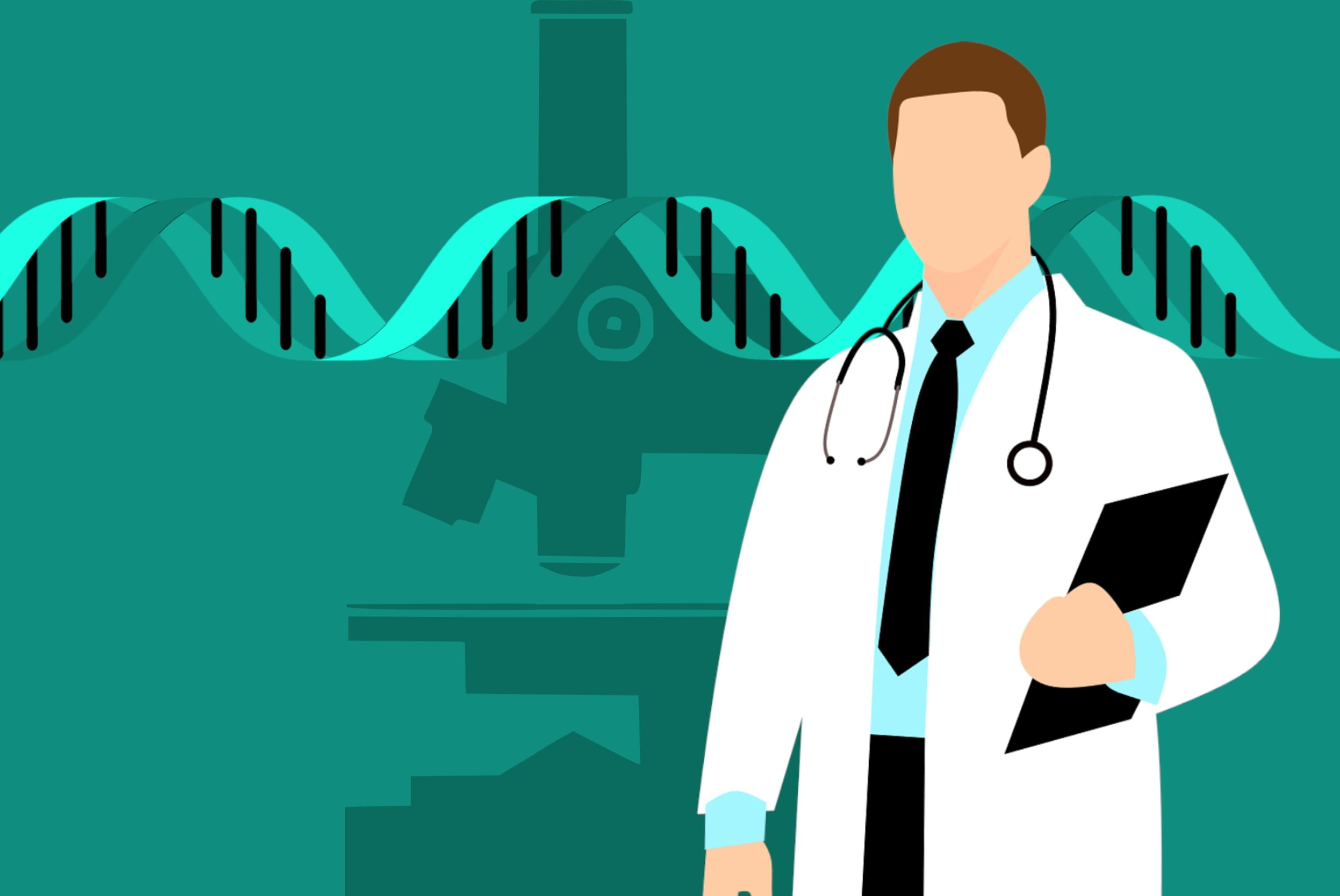Depression is a widespread mental health condition that affects how people feel, think, and handle everyday activities. From persistent sadness and low energy to difficulty sleeping and a loss of interest in life, the symptoms of depression can be debilitating and long-lasting. While some individuals manage depression through outpatient therapy or medication, others may require more structured and intensive care. That’s where Depression Recovery Centers play a vital role—offering a safe, supportive environment for individuals to heal, rebuild, and thrive.
What Are Depression Recovery Centers?
Depression recovery centers are specialized mental health treatment facilities that focus on helping individuals overcome moderate to severe depression. These centers provide a comprehensive range of services in a structured setting, combining clinical expertise, therapy, and wellness programs to address the root causes of depression and promote lasting recovery.
Depending on the severity of the condition, individuals may receive care in a residential treatment center, where they live on-site, or attend intensive outpatient programs (IOPs) and partial hospitalization programs (PHPs). These programs are typically staffed by licensed therapists, psychiatrists, nurses, and support professionals who work together to design customized treatment plans for each person.
What Services Do Depression Recovery Centers Offer?
1. Individual and Group Therapy
Evidence-based therapies such as Cognitive Behavioral Therapy (CBT), Dialectical Behavior Therapy (DBT), and trauma-informed therapy are used to help patients understand their thoughts, emotions, and behaviors. Group therapy provides connection, encouragement, and shared experiences.
2. Medication Management
For many individuals, antidepressant medications are a critical part of treatment. At recovery centers, psychiatrists evaluate and monitor the use of medication, ensuring the safest and most effective approach.
3. Holistic and Alternative Therapies
Depression recovery is about treating the whole person—not just the symptoms. Many centers incorporate holistic therapies like yoga, meditation, art therapy, music therapy, nutritional counseling, and fitness activities to help improve overall mental, physical, and emotional well-being.
4. Life Skills and Wellness Education
Recovery centers often teach practical life skills such as stress management, emotional regulation, time management, and communication. These tools empower individuals to cope with life’s challenges after treatment.
5. Aftercare and Support Planning
A key feature of a quality depression recovery center is a strong discharge plan. This includes follow-up therapy, support groups, medication management, and referrals to outpatient services to ensure long-term success.
Who Can Benefit from a Depression Recovery Center?
Depression recovery centers are ideal for people who:
-
Struggle with treatment-resistant depression
-
Experience recurring depressive episodes
-
Have co-occurring conditions such as anxiety, trauma, or substance use
-
Need a break from their current environment to focus on healing
-
Have not responded well to traditional therapy or outpatient care
These centers provide a stable, nurturing atmosphere for individuals to explore their emotions, build coping strategies, and regain hope for the future.
Finding the Right Depression Recovery Center
When choosing a recovery center, it’s important to consider factors such as:
-
Accreditation and licensing
-
The experience and qualifications of the treatment team
-
Availability of individualized treatment plans
-
Location and setting (urban, rural, retreat-style)
-
Insurance coverage and payment options
-
Success rates and patient reviews
Some of the most well-regarded depression recovery centers in the U.S. offer peaceful, home-like settings that encourage relaxation and personal growth, while others are hospital-based with a clinical focus. Each individual’s needs and preferences should guide the decision.
Final Thoughts
Depression can make life feel overwhelming and hopeless, but the right treatment can open the door to lasting recovery. Depression recovery centers provide the intensive care, emotional support, and healing environment needed to break free from the weight of depression. If you or someone you love is struggling, don’t wait. There is help—and more importantly, there is hope. With professional support, recovery isn’t just possible—it’s within reach.



